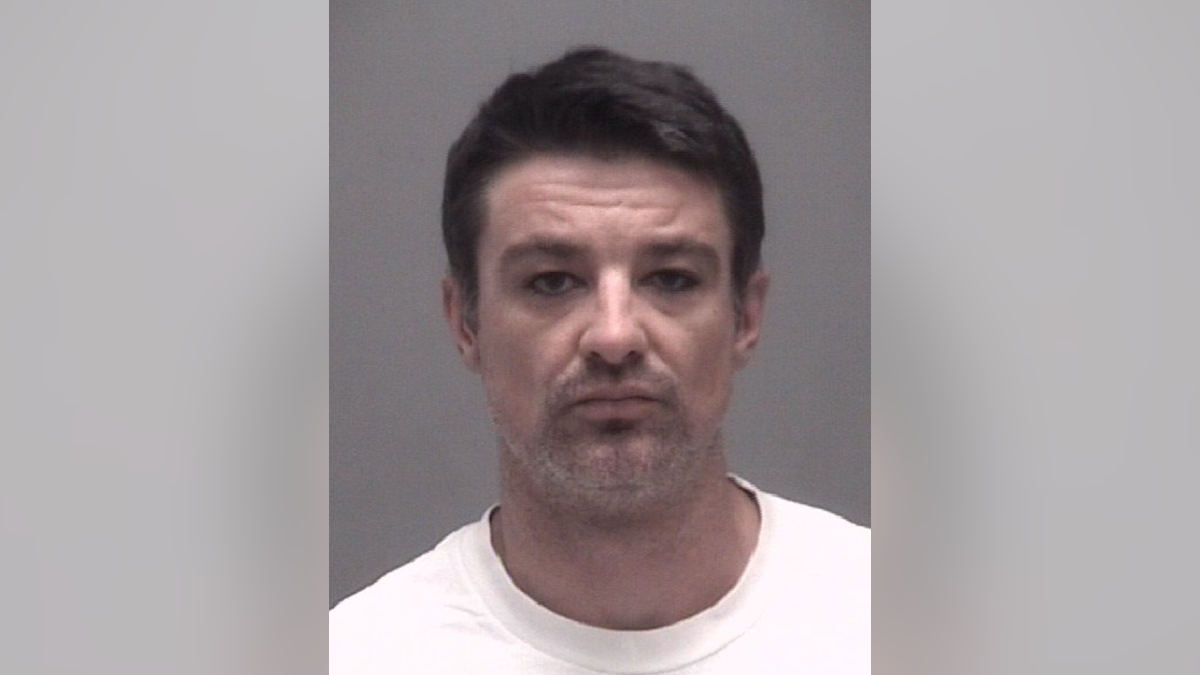Opioid overdoses up 30% over the past year
Fox News contributor Dr. Nicole Saphier joins 'Fox & Friends' to discuss the impact of pandemic lockdowns on mental health
An Arizona man has agreed to plead guilty to supplying counterfeit pills laced with fentanyl to Mac Miller just two days before the 26-year-old rapper overdosed in September 2018, according to the U.S. Attorney's Office for the Central District of California.
Ryan Michael Reavis, 38, will plead guilty to one count of distribution of fentanyl, a dangerous opioid that is up to 50 times stronger than heroin.
According to a plea agreement, Reavis supplied counterfeit oxycodone pills to co-defendant Cameron James Pettit, who then sold them to Mac Miller.

Ryan Michael Reavis, 38, has agreed to plead guilty to distribution of fentanyl, according to prosecutors. (Lake Havasu City Police Department)
Reavis supplied the drugs at the direction of 48-year-old Stephen Andrew Walter, who has also recently agreed to plead guilty to distribution of fentanyl, according to prosecutors. Pettit's case is still pending.
The Lake Havasu City Police Department arrested Reavis during a search warrant with the DEA in September 2019. Authorities found a physician’s prescription pad, prescription-only pills, a 9mm pistol, and two shotguns in his possession.
Reavis' and Walter's guilty pleas are expected in the coming weeks.
Mac Miller, whose real name was Malcolm James Myers McCormick, was found unresponsive in his Los Angeles apartment on September 7, 2018, which was roughly two days after he was sold the drugs.
An autopsy concluded that the rapper's death was caused by a combination of alcohol, cocaine, and fentanyl.
His sixth album, "Circles," was released posthumously in January 2020. A 2014 mixtape, "Faces," was recently released for the first time on streaming services.
CLICK HERE TO GET THE FOX NEWS APP
The opioid crisis has exploded over the last couple of decades, with overdose deaths from opioids increasing six-fold since 1999 to nearly 50,000 in 2019.
Fentanyl is responsible for the latest wave of the crisis, as synthetic opioids accounted for nearly 73% of all opioid-involved deaths in 2019, according to the CDC.












































